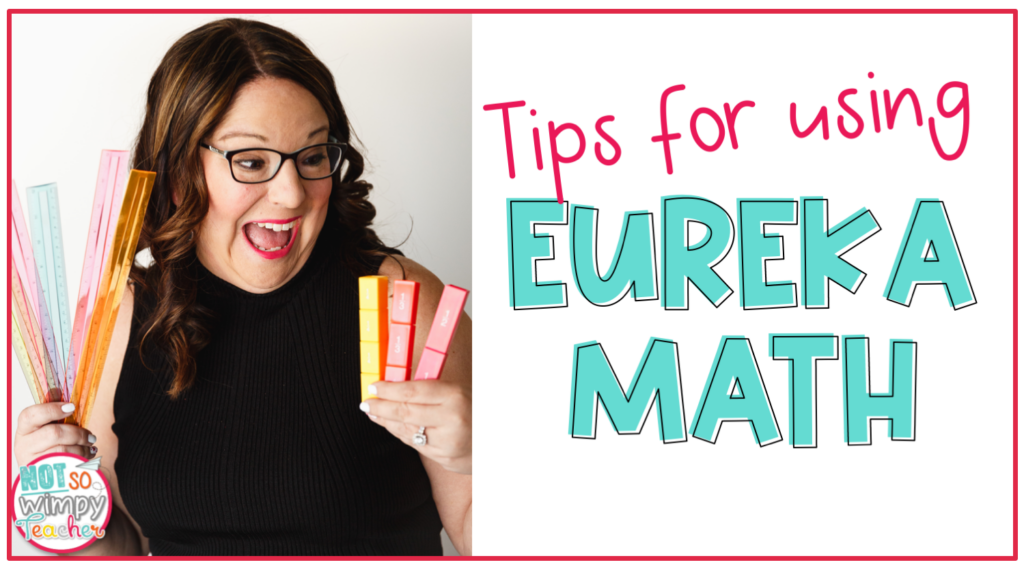
Get the Training
Several years ago, my 3rd grade team had the honor of piloting the Eureka math curriculum (Engage NY). We did not receive any training on this program that year. We struggled. Honestly it felt like we were treading water all year and there were several times that we started taking in some water. It was tough. But we survived!
We found as the year went on how helpful their strategies and lessons were for our students.
Our school decided to adopt this program the following year and brought a trainer to our school. During that training we learned some important tips from the creators of this curriculum. We kept saying, “OMG! I wish I had known this last year! It makes so much more sense now!” So if your school can afford the official training, DO IT! Here are some take-aways from our training:
Speed
When it comes to the concept development, do not follow the script word for word. The trainers had us practice giving the lesson to our peers. We couldn’t be too wordy. We were told to be efficient and keep the concept development within 20 minutes. Some suggestions to help you be successful with this would be to not use every example in the lesson. Choose ahead of time which examples are best.
You can also save time with the fluency activities by not completing every activity each day. One day you may only do the Sprint activities. The next day, you may just do the skip-counting. There may even be days when you do not have time for either.
The Problem Set should also be a quick activity. We were told to only have your students spend 10-15 minutes on this piece. You can easily differentiate these as well. There are some problems that you will want everyone to complete, and there are extension problems at the end to extend and challenge other learners.
Module Order
Teach the modules in order!
Yes, it felt strange teaching multiplication at the beginning of this grade. But, the modules build upon each other. Follow the order of the modules! #seriously
If you find that you will not have time to teach all lessons, go to the beginning of the teacher manuals and find the page that gives suggestions on which lessons you can skip due to time constraints. Some of those skipped lessons would make great enrichment activities for your higher learners.
Differentiate
I’ve already mentioned that the problem sets can be differentiated. The same can be done with the homework piece. Some learners may only be able to complete the front side, others may be ready for the back side and the last few challenging problems. The writers of the curriculum flat out told us that they did not intend for every student to complete every problem on the practice sheet!
You may also want to differentiate with small groups. At my teacher table during centers, I have some students complete the problem set again on their white boards, but I change the numbers around.
I also used the Word documents from Engage New York to rewrite assessments with different numbers as an activity within my groups. This is key!!! It will increase your test scores because students will understand the type of questioning!
Technology
Use the resources available online!
My students complete Zearn (www.zearn.org) at their seats during centers. Sometimes, I would even project lessons from Zearn on the board during the whole group lesson.
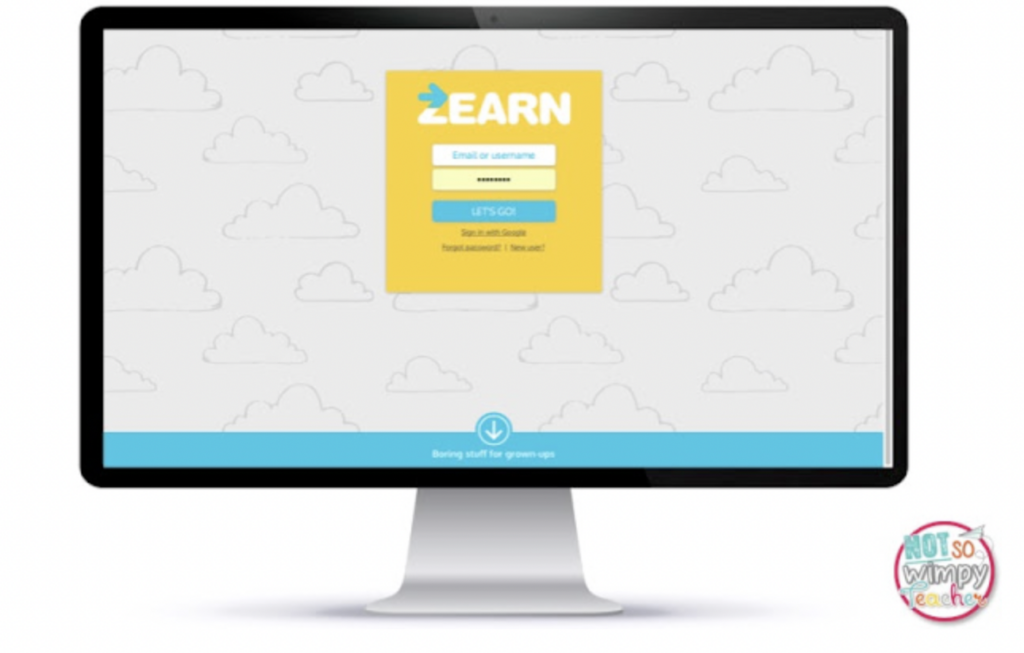
Embarc is another great online resource for this curriculum. You can find application problems written out on Google slides, videos of every lesson, Google Slides for each lesson, exit tickets, and many other downloadable resources. You can also find a teacher faculty lounge on this website. This is a place to engage in conversations about this curriculum, and share tips and advice.
If your district or school is using Engage New York, a free online resource, remember that there are a few minor differences between Engage and Eureka.
Add in Centers
Math centers and guided math groups made such a difference in my math instruction and student engagement with Eureka lessons.
I could easily differentiate my centers and my guided math group lessons to meet the needs of my students. My guided math groups gave me an opportunity to reteach lessons that students were struggling with. My independent center rotation became another opportunity to continue practicing the skills with hands-on activities. If you are interested in learning more about how I used math centers in my classroom, click HERE.
Not So Wimpy Math Centers
I have created a full year of done-for-you math centers for grades 2-5. These bundles include 90 hands-on, engaging independent math centers for kids to practice important math skills all year long. With activities like matching, sorts, math journals, task cards, and games, kids actually enjoy learning.
Shop This Post
Parent Help
Communication is key, for Eureka math and any math curriculum Send home the parent newsletters (I found these on Embarc) that explain each module.
I also asked my parents to communicate with me when their child was struggling with the homework. I told them it is okay to circle the problem where their child started to struggle and stop for the night. The students then had the responsibility of coming to see me the next day to show me where they struggled and to get extra help.
Make Math Class Awesome
Want to learn how to put it all together into one amazing math class that will help your students become confident mathematicians who LOVE math? You need the Not So Wimpy Math Masterclass!
I created this online professional development course for teachers in grades 2-5 to help you run a calm, chaos-free math workshop.
In the course I’ll show you how to easily and effectively run a modern math workshop. You’ll learn how to:
- Use your time – both your plan/prep time and your class time – more efficiently
- Keep kids engaged in learning throughout the entire math block
- Easily provide differentiated lessons that meet the needs of ALL your learners
- Help students develop a deeper understanding of math concepts as they play and experiment with finding solutions
Basically, I’ll show you how to make your math block awesome.
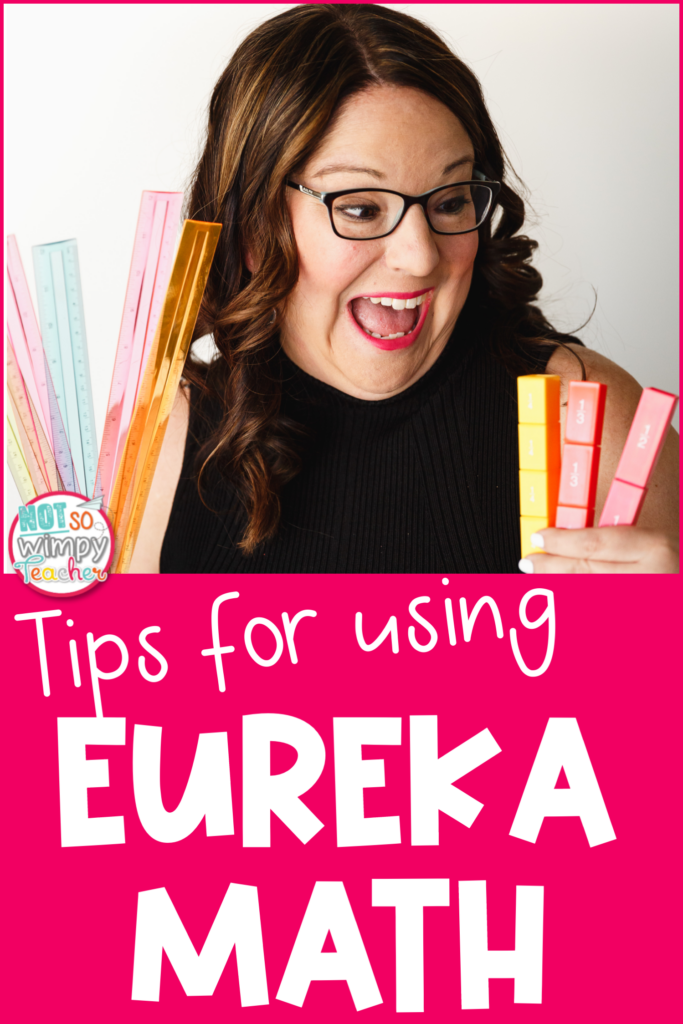
Have a Not So Wimpy Day


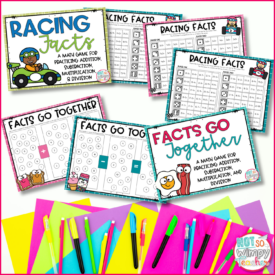
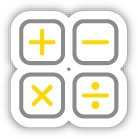
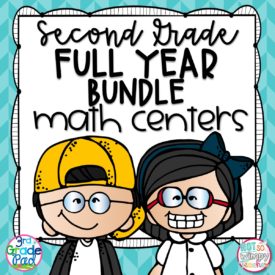
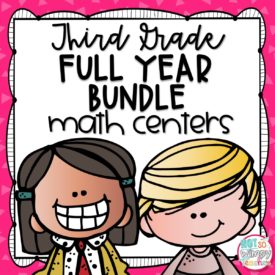
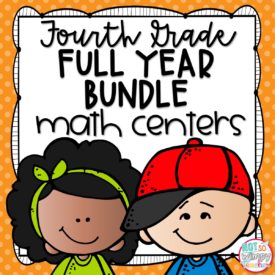
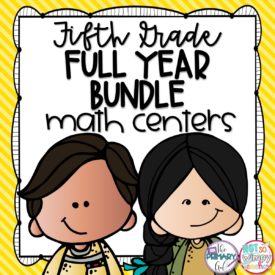
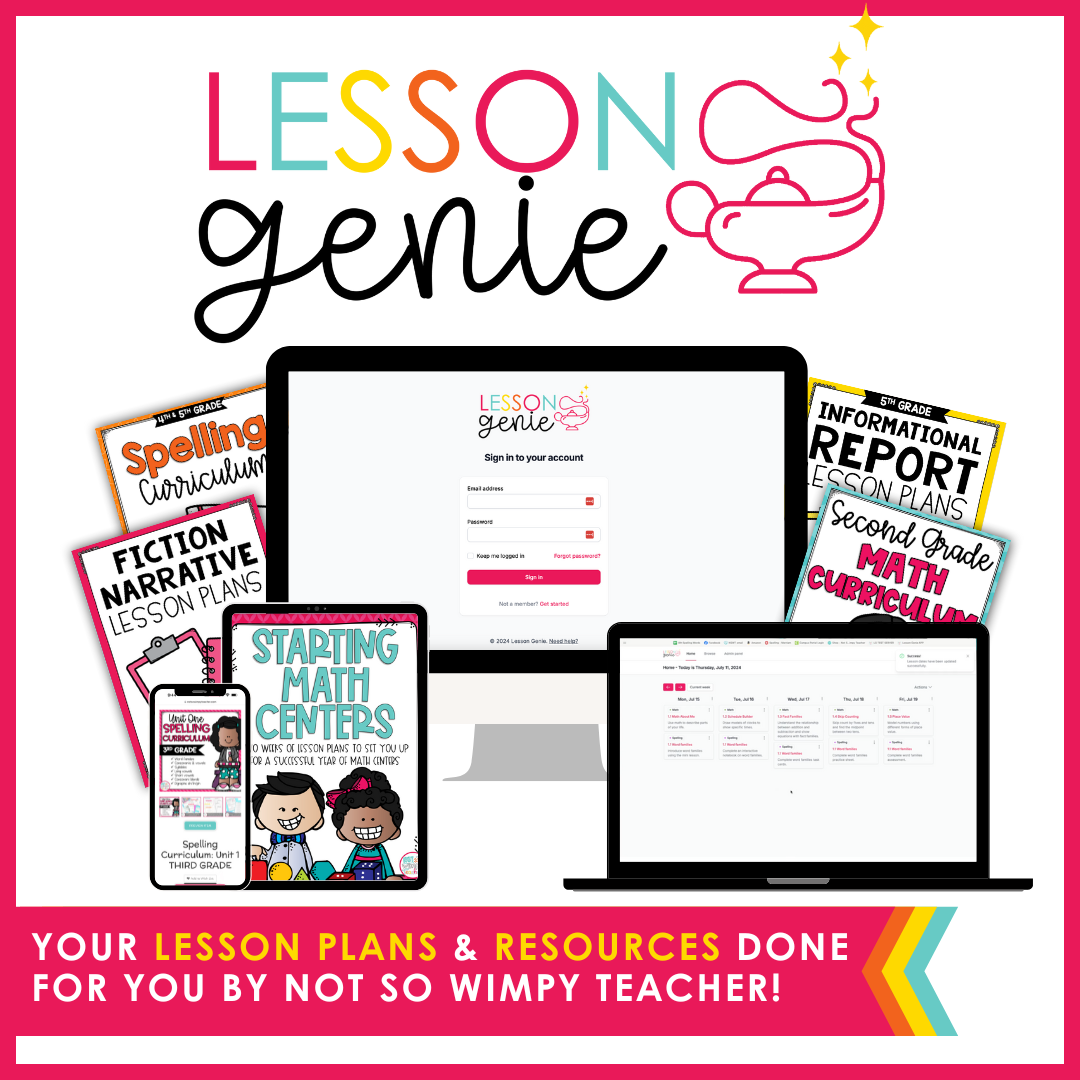
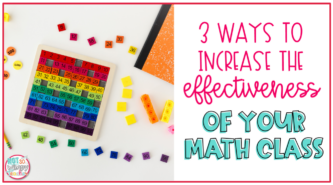
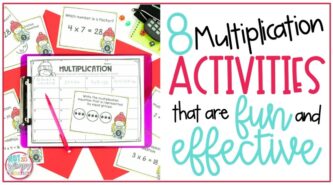
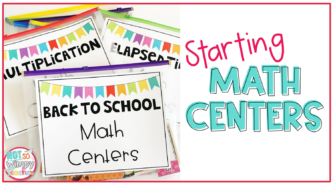
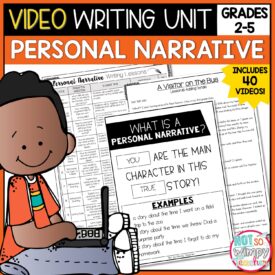
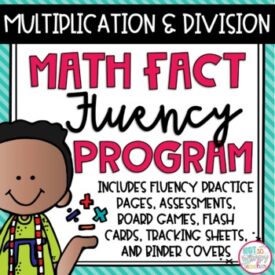
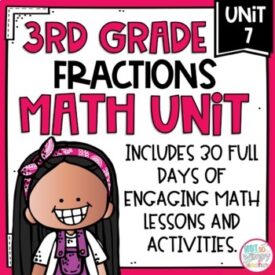
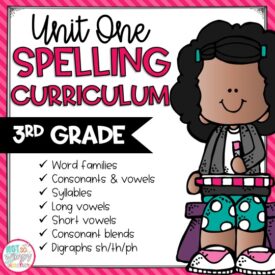


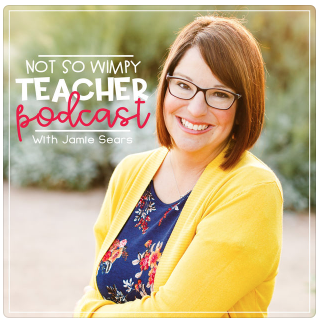




 End of Year Carnival Week for grades 2-5!
End of Year Carnival Week for grades 2-5!
We are in a math adoption year with Eureka Math as a contender. I have used the on line resources for around 5 years now, but find one area I struggle with. I love the program, but am having trouble with differentiating for my accelerated math students. Perhaps the purchased program addresses this? In the meantime, do you or any of your readers have ideas for enriching the higher learner? Thanks.
We are going to switch to Eureka math next year because of the possibility of all online learning or blended learning. We have had no training AT ALL! Where do I even start?
Dear I found your post very helpful kindly help me in my professional development and teaching math lessons.
Hi! I loved reading your tips! We will be implementing this curriculum in the fall and its great to hear from other teachers about how to make these scary transitions easier. My question was, where do you find the word documents to make alternate practice assessments? Or was this something you completely did from scratch using a program like Microsoft Word? Thank you!
I believe the Word documents were in each module lesson from Engage NY.